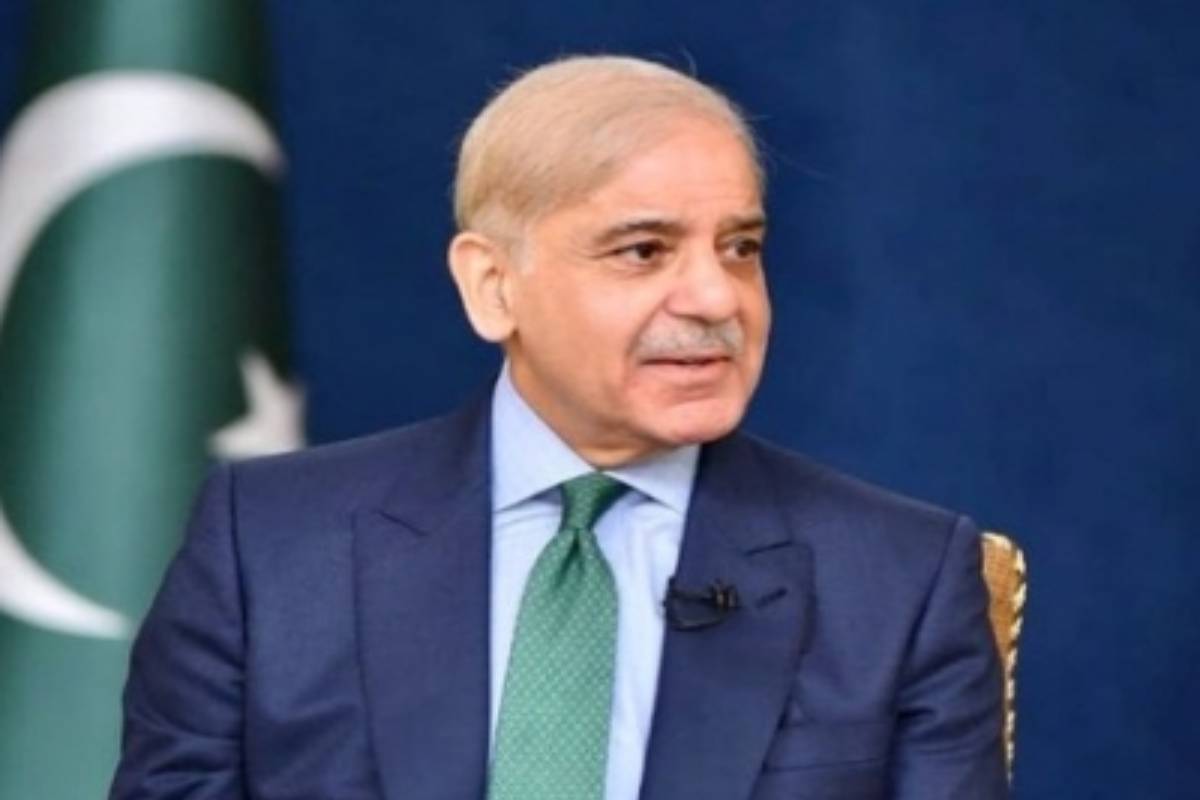Targeting Pakistan’s higher judiciary
Proposed amendments to Pakistan’s Constitution will undermine independence of the judiciary, says Khwaja Ahmad Hosain
Shehbaz Sharif has been elected as Pakistan’s Prime Minister for the second time, marking a return to a position he held until August when Parliament was dissolved ahead of the elections.

Shehbaz Sharif [Photo : IANS]
Shehbaz Sharif has been elected as Pakistan’s Prime Minister for the second time, marking a return to a position he held until August when Parliament was dissolved ahead of the elections. The backdrop of uncertainty surrounding the national elections and the delayed formation of a coalition government has set the stage for a contentious political landscape in Pakistan. The election results, where Mr Sharif secured 201 votes, have not been without their share of drama. The candidate backed by imprisoned former Prime Minister Imran Khan, Omar Ayub, managed to secure 92 votes but fell short of the required support. This triggered loud protests from the Sunni Ittehad Council (SIC), accusing Mr Sharif of electoral rigging and demanding Mr Khan’s release.
The opposition’s scepticism is understandable, given the accusations of a rigged vote following a series of disruptions in the election process, including a mobile internet shutdown, arrests, and pre-election violence. The controversy surrounding Mr Sharif’s return to power raises questions about the legitimacy of the electoral process, leaving a cloud of doubt over the democratic principles that should underpin such transitions. In his acceptance speech, Mr Sharif touched on crucial issues facing Pakistan, including the necessity for economic reforms, and managing international relations. However, the lack of concrete policy changes in his address raises concerns about the direction the new government will take. While Mr Sharif extended an olive branch to the opposition, inviting them for talks to reconcile political and policy differences, the ongoing protests and allegations of mandate theft reveal a deeply divided political landscape. The challenges facing Mr Sharif’s government are manifold. Negotiating a new International Monetary Fund (IMF) deal, crucial for stabilising the country’s economy, will be a pressing task. The expiry of the current IMF agreement in April adds urgency to the need for immediate talks. However, measures required by the previous agreement have contributed to rising prices, intensifying the burden on poor and middle-class households. Balancing economic stability with the wellbeing of the population will be a delicate act requiring astute policymaking.
The new government must learn from past experiences to ensure a smoother negotiation process and address the socio-economic fallout. Moreover, the government will have to contend with the ongoing challenges posed by Mr Khan’s supporters. Accusations of stolen mandates and growing discontent over deepening poverty create a volatile environment that demands political finesse. The onus is on Mr Sharif to steer the country through turbulent waters, ensuring not just political stability but also tangible improvements in the lives of its citizens. As the dust settles on the controversial election, Pakistan stands at a crossroads. The coming months will reveal whether Mr Sharif’s return to power brings about the much-needed stability and progress the nation craves or exacerbates existing challenges, pushing the country further into uncertainty
Advertisement
Advertisement